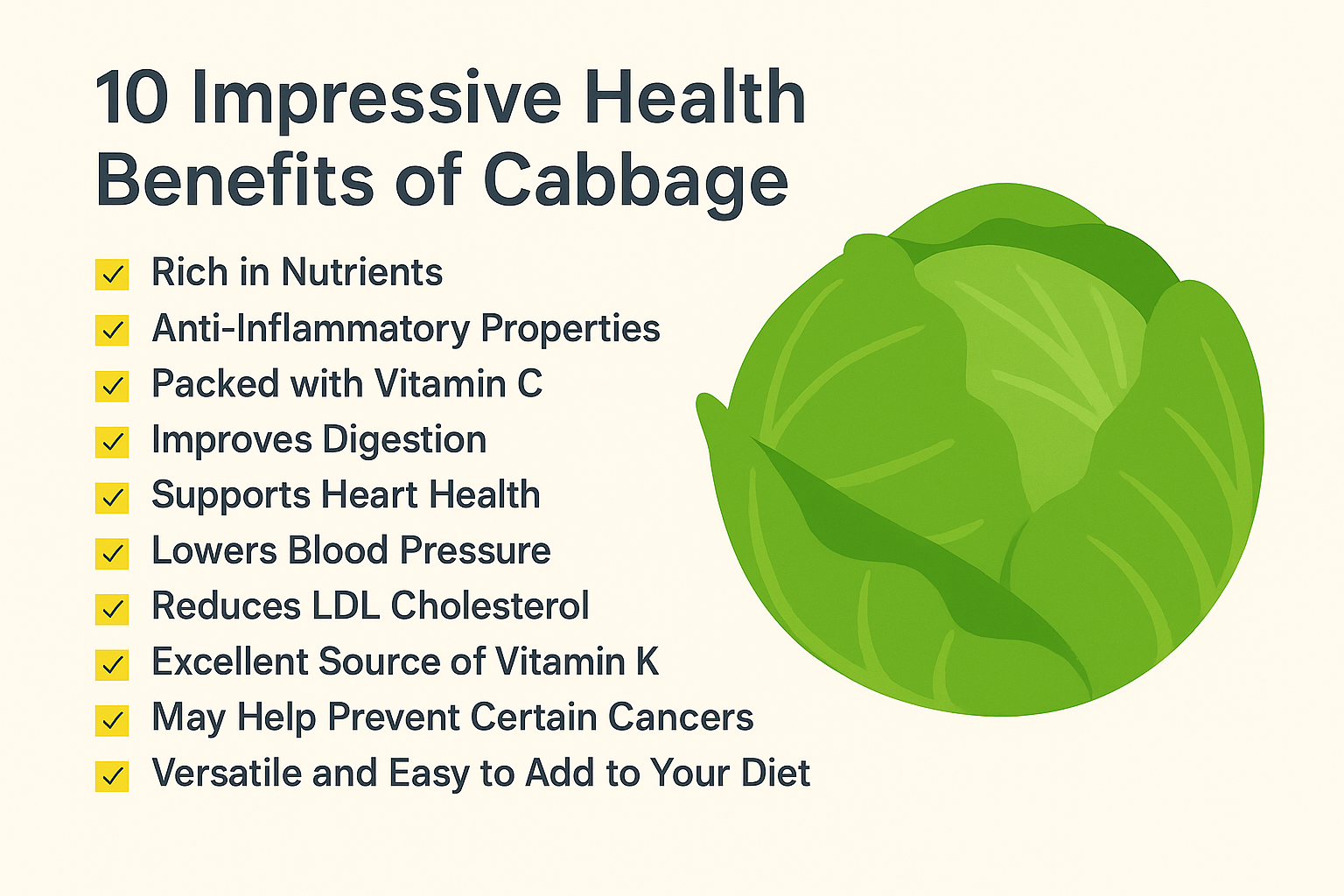
Peanut Butter Is It Good for You?
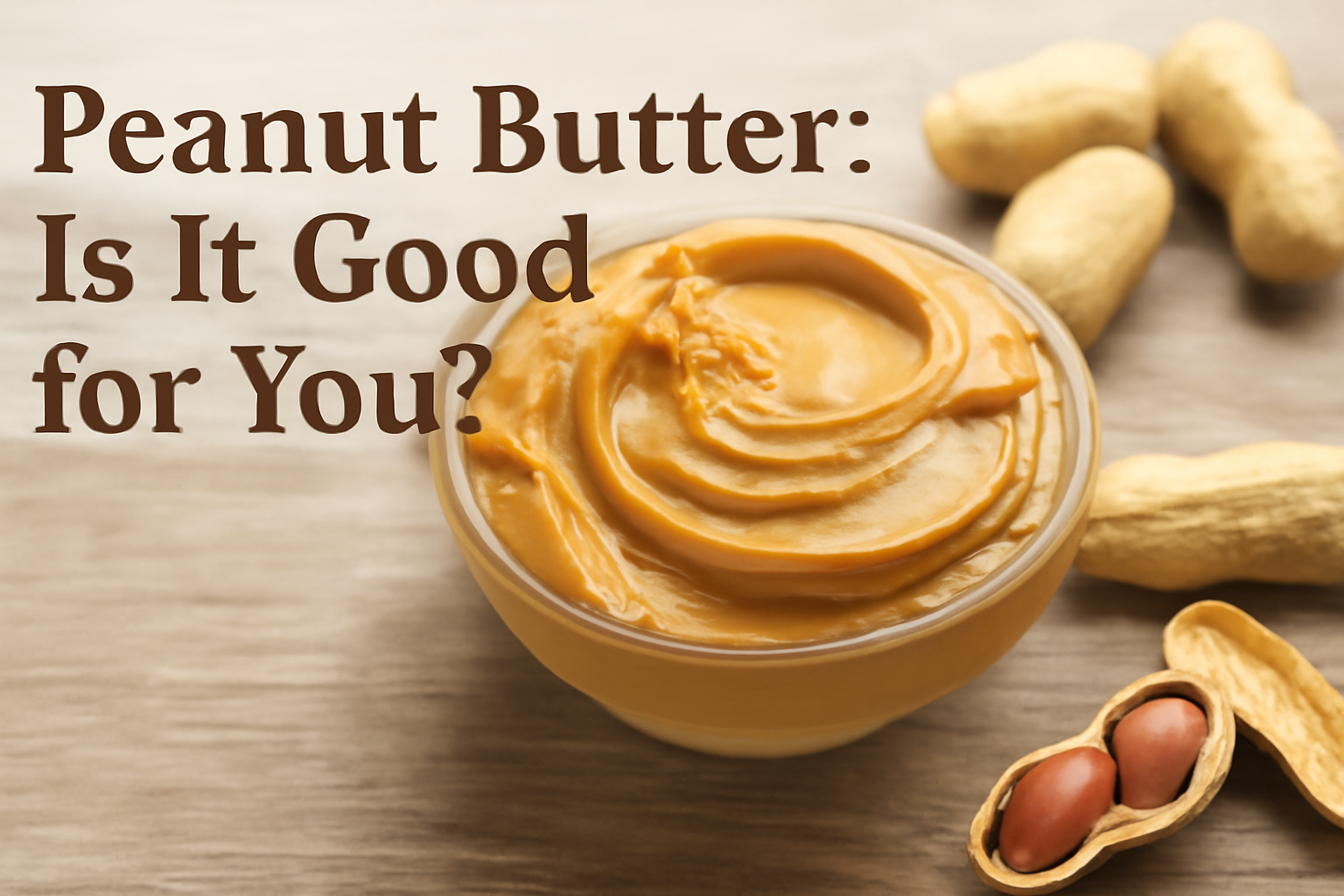
Peanut butter is a beloved spread enjoyed by many around the world. Packed with protein, healthy fats, and a variety of essential vitamins and minerals, it offers several potential health benefits when consumed in moderation. However, it’s important to make informed choices about the type of peanut butter you consume, as some commercial brands add unnecessary sugars and oils that can lower its nutritional value.
In this article, we’ll explore the nutritional profile of peanut butter, its health benefits, and the potential risks to consider.
What Is Peanut Butter?
Peanut butter is made from ground peanuts, which are typically roasted to enhance their flavor before being processed into a smooth, spreadable paste. It’s often consumed as a topping for bread, in smoothies, or as a dip. While it’s nutrient-dense, not all peanut butters are created equal. Some commercial versions add sugars, vegetable oils, and other additives that can reduce its health benefits.
For the most health benefits, it’s best to choose natural peanut butter, which contains just peanuts (and maybe a little salt). You can also make your own peanut butter at home by blending roasted peanuts in a food processor.
Peanut Butter Nutrition
A 2-tablespoon (32 grams) serving of natural peanut butter contains the following:
- Calories: 190
- Protein: 8 grams
- Total Fat: 16 grams
- Carbohydrates: 7 grams
- Fiber: 3 grams
- Sugar: 1 gram
Peanut butter is a great source of several important nutrients, including:
- Vitamin E
- Niacin (Vitamin B3)
- Magnesium
- Manganese
- Vitamin B6
- Copper
- Phosphorus
Additionally, peanuts (and peanut butter) are rich in healthy fats, including monounsaturated and polyunsaturated fats, which are beneficial for heart health.
Types of Peanut Butter
When shopping for peanut butter, you’ll typically find the following options:
- Natural Peanut Butter: Made from just peanuts and sometimes a little salt. It has less sugar, no hydrogenated oils, and no added preservatives. It’s the healthiest option available.
- Creamy Peanut Butter: A smooth, easy-to-spread peanut butter that’s best for spreading on bread, making smoothies, or adding to dips.
- Crunchy Peanut Butter: Similar to creamy peanut butter but with chunks of peanuts added for texture.
How Long Does Peanut Butter Last?
The shelf life of peanut butter depends on whether it’s opened or not. Here’s a general guide:
- Unopened Peanut Butter: 6 to 9 months
- Opened Peanut Butter: 2 to 3 months in the pantry, and 6 to 9 months in the refrigerator.
To maximize its shelf life, store peanut butter in a cool, dry place away from direct sunlight or heat.
What Are the Benefits of Peanut Butter?
Peanut butter offers a variety of health benefits when consumed in moderation:
1. Improves Heart Health
Peanut butter contains oleic acid, a monounsaturated fat that can help maintain healthy cholesterol levels, stabilize blood sugar, and reduce blood pressure. It may also lower the risk of cardiovascular disease when included as part of a balanced diet.
2. Reduces the Risk of Diabetes
The monounsaturated fats and omega-6 fatty acids in peanut butter may help reduce insulin resistance, a key factor in the development of type 2 diabetes. By lowering insulin resistance, peanut butter can contribute to better blood sugar management.
3. Anticancer Properties
Peanuts are rich in antioxidants like vitamin E, resveratrol, and manganese, which help fight oxidative stress and may lower the risk of chronic diseases such as cancer. Roasting peanuts increases the levels of the antioxidant coumaric acid, which has anti-cancer effects.
4. Aids in Weight Management
Although peanut butter is calorie-dense, it’s also rich in healthy fats, protein, and fiber. These nutrients can help you feel fuller for longer, which may reduce overeating and aid in weight management.
5. Supports Muscle Growth and Repair
The protein in peanut butter makes it a great choice for supporting muscle growth and recovery. It provides the necessary building blocks for muscle tissue repair after exercise.
6. Strengthens Bones
Peanut butter is a good source of phosphorus and magnesium, two minerals that are crucial for maintaining strong bones. It also contains copper, which plays a role in bone health and may reduce the risk of osteoporosis.
7. Improves Skin Health
Peanut butter’s vitamin E content makes it beneficial for skin health. Vitamin E is an antioxidant that helps protect the skin from oxidative stress, which can contribute to aging and skin damage.
8. Boosts Immune Function
The vitamins and minerals found in peanut butter, such as vitamin E and copper, are important for maintaining a healthy immune system, helping your body fight off infections and diseases.
Peanut Butter Risks
While peanut butter offers many benefits, it also comes with some potential risks:
1. Peanut Allergy
The most obvious risk is for individuals with peanut allergies, which can cause severe reactions, including anaphylaxis. If you have a peanut allergy, you should avoid peanut butter and any products containing peanuts.
2. High Caloric Content
Peanut butter is calorie-dense, which means that while it’s great for satiety, overconsumption can lead to unwanted weight gain. Moderation is key when including peanut butter in your diet.
3. High in Fat
Although most of the fat in peanut butter is healthy monounsaturated and polyunsaturated fats, peanuts also contain some saturated fat. Excessive intake of saturated fats can contribute to heart disease over time.
4. Mineral Deficiencies
Peanuts are high in phosphorus, which can hinder the absorption of other minerals like zinc and iron. People with mineral deficiencies should be cautious about eating too much peanut butter and should balance their diet with other sources of these minerals.
How to Make Peanut Butter
Making peanut butter at home is simple and can be done with just a food processor and a few ingredients:
Ingredients:
- 1 cup of roasted, shelled peanuts
- 1 ½ teaspoons of peanut oil (optional)
- ¼ teaspoon of salt (optional)
Instructions:
- Add peanuts to a food processor and blend until smooth.
- Add oil and salt for creamier texture if desired.
- For crunchy peanut butter, add small chunks of peanuts after blending.
Peanut Butter Alternatives
If you’re looking for alternatives to peanut butter, several other nut butters offer similar nutritional profiles:
- Almond Butter: A good source of monounsaturated fats and vitamin E.
- Macadamia Nut Butter: High in healthy fats and may support heart health.
- Walnut Butter: Contains both omega-3 and omega-6 fatty acids and is lower in calories and fat than peanut butter.
Takeaways
Peanut butter is a delicious, nutrient-dense food that provides a variety of health benefits, including improved heart health, muscle repair, and weight management. However, it’s important to consume it in moderation and choose natural varieties with minimal added ingredients. Always be mindful of portion sizes to avoid overconsumption of calories and fats.
Read our previous blogs about Are There Health Benefits to Eating Sardines?
Peanut Butter FAQs
Is it OK to eat peanut butter every day?
Yes, eating peanut butter every day in moderation is generally fine. It’s high in calories, so portion control is important to avoid unwanted weight gain.
Is peanut butter good for your skin?
Peanut butter contains vitamin E, an antioxidant that can help maintain healthy skin. However, processed peanut butter with added sugars may contribute to acne, so opt for natural peanut butter.
Is peanut butter good for my hair?
The plant-based protein and healthy fats in peanut butter can promote hair growth and prevent hair loss, contributing to healthier hair overall.
Does peanut butter cause weight gain?
Peanut butter is calorie-dense, so consuming it in excess may contribute to weight gain. However, when eaten in moderation, it can be part of a healthy weight management plan.
Is peanut butter gluten-free?
Yes, natural peanut butter is gluten-free. However, always check the label for added ingredients that may contain gluten, especially in processed varieties.
Can peanut butter be part of a low-carb diet?
Peanut butter is relatively low in carbohydrates and can be enjoyed on a low-carb diet, but it’s important to watch your serving size, as it is calorie-dense.
Can peanut butter help lower cholesterol?
Yes, the monounsaturated fats in peanut butter can help lower LDL (bad) cholesterol levels and improve heart health.
How should I store peanut butter?
Store peanut butter in a cool, dry place, away from heat or direct sunlight. Refrigeration can extend its shelf life once opened.

Hello! I am Amir
Interesting Posts


Hair Toupees and Scalp Treatments for Men
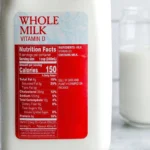
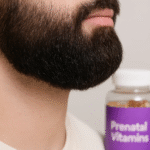
The Ultimate Guide to Multivitamins for Beard Growth

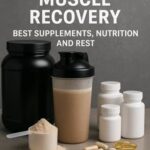
Muscle Recovery Best Supplements Nutrition and Rest
Nutrifocal inspires healthier living by delivering trusted nutrition, wellness guidance, and balanced lifestyle choices daily.
- Mark Twain Tweet
Related Posts
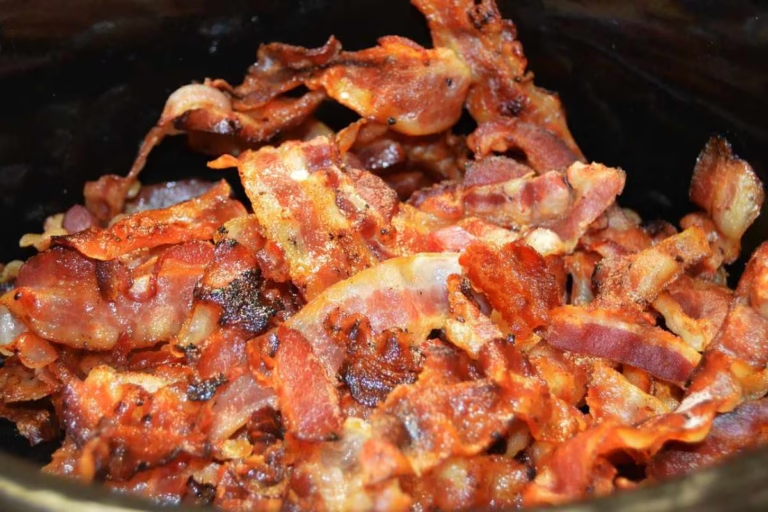
Health Benefits of Bacon
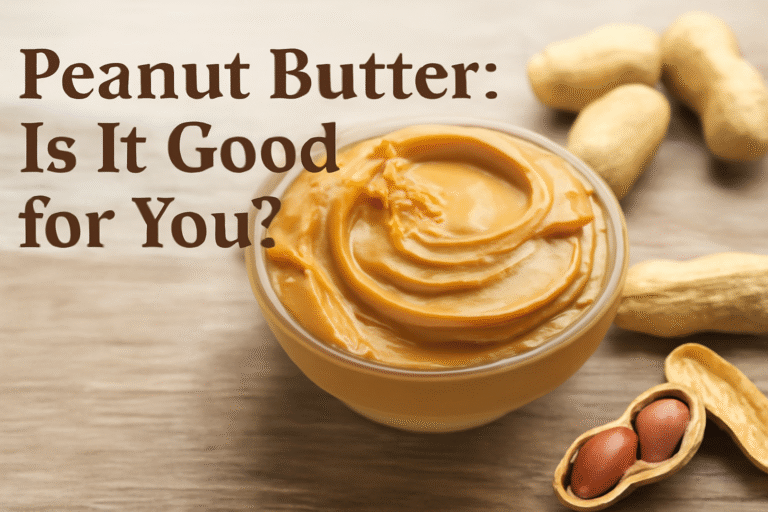
Peanut Butter Is It Good for You?
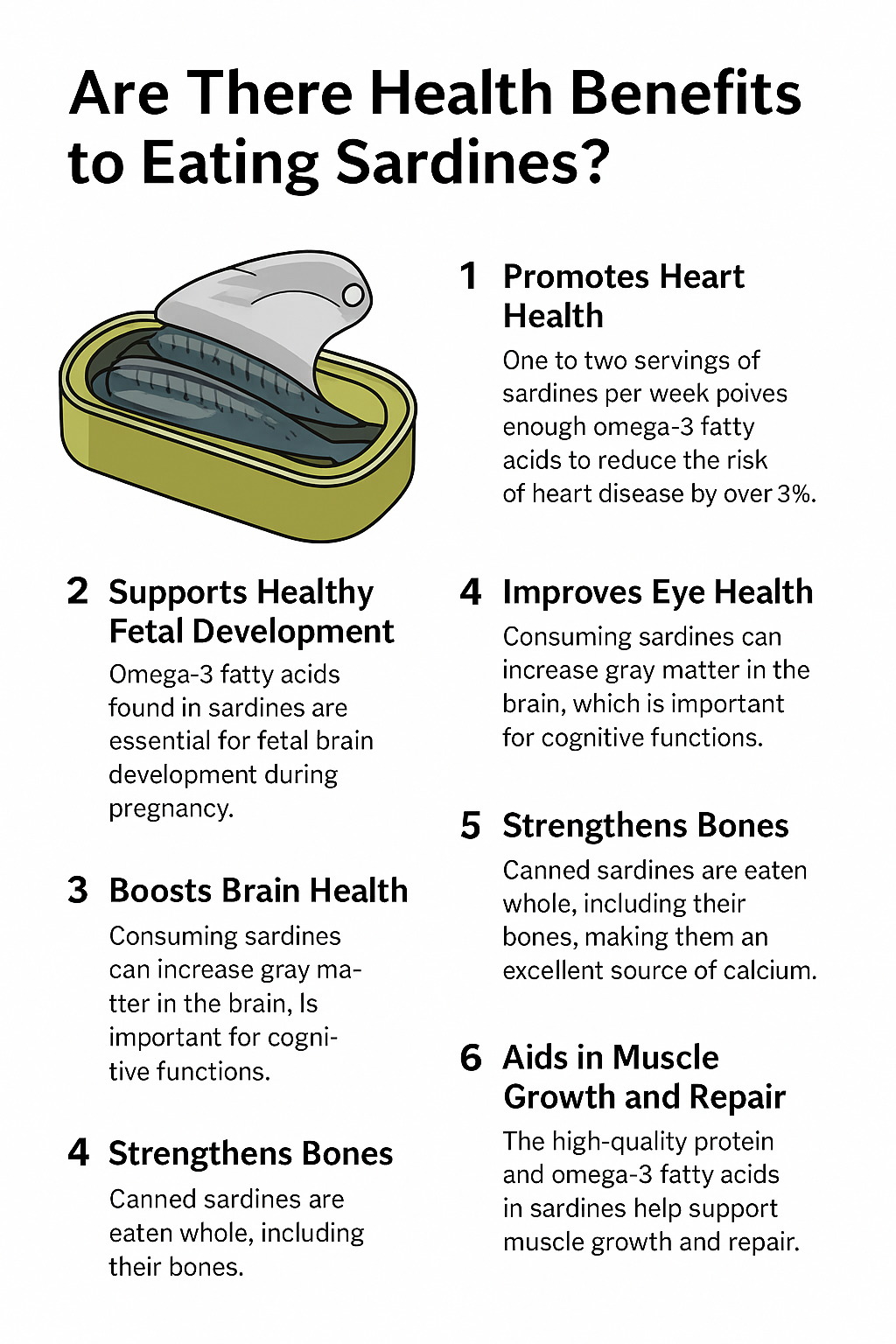
Are There Health Benefits to Eating Sardines?


